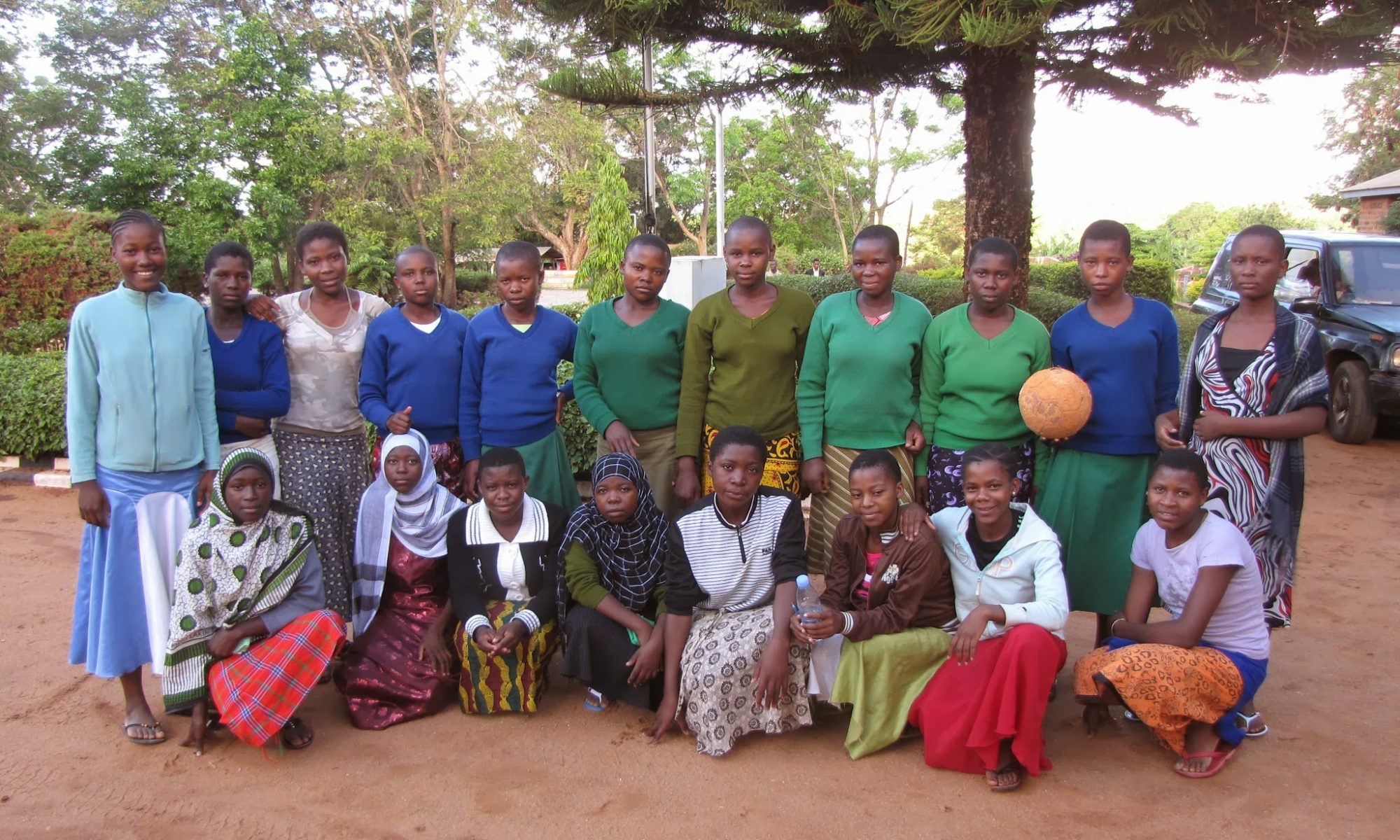The Guardian on Sunday reports that the Youth Wing of Tanzania’s leading political party, CCM, is calling for the dissolution of the Higher Education Student Loan Board (HESLB). While the loans provided have enabled students from relatively poor families, including students taught by TETEA members, to pursue higher education that would otherwise be out of their reach, complaints include delays in disbursements. “How come students stage a strike over delayed government bursaries today and on the following day are paid there money?” UVCCM committee member Zainabu Kawawa wonders. “The government should take these public servants to court for occasioning huge loss,” she argues.
In an editorial, The Guardian on Sunday adds its voice to those critical of the HESLB. Citing “incompetence manifested by poor record-keeping, late disbursement of funds to students, and a scandalously slow, messy recovery process” the editor recommends immediate dissolution or change in upper management of the HESLB. The editor argues that this is a necessary step in breaking a disturbing cycle: pent-up frustrations of university students give rise to complaints and protests directed against university administrators who panic and call in riot police to quell discontent.
Additional challenges facing university students mentioned in the articles include “poor accommodation and catering services, shortage of furniture, and inadequately motivated and thus frustrated teachers.”
Sources:
“It is Time to Disband Students’ Loan Board,” by editor. 23 January, 2011. ippmedia.com
“CCM Youth Wing Up in Arms,” by The Guardian Reporter. 21 January, 2001. ippmedia.com
Form Four results from 2010 have been posted.
Check them here on our site.
This is the first group of students who got a free pass through their Form II national exams on to Form III. The results are about what would be expected. Whereas previously, the Form II national exams weeded out the less serious students, now they continue on until their Form IV exams and fail there.
In those areas where TETEA works, the need for improved education for the rural youth is shown like never before.
Many rural schools had upwards of 70% of their students failing. Prospects look rather dismal in rural areas, with few rural students making the marks they need to go on to Form V or even Teacher’s Training College. The new ward schools (often just one building with maybe one teacher) made up the worst performing. One such school in Mtwara region had 50 out of 52 students receiving F’s in all of their subjects! Clearly, the expansion of physical school buildings through the Secondary Education Development Program still needs to be complemented with teachers, as well as learning and teaching materials. Nationwide only 50.4% of students taking the exam managed to pass (the pass mark being receiving a D or higher in two subjects out of seven core subjects). For more discussion of the nation-wide results, an article in The Citizen has a pretty good breakdown of the performance.
Another article about the exam results states that the percentage of students passing dropped an astounding 22% since 2009
16,000 secondary school teachers who finished Teachers Training College in 2010 between May and July have yet to be given posts by the government. Typically, teachers are placed within two months. The reason given by the government is that they are doing analysis on which graduates are to be posted and which are doing other things like continuing with their education. On the other hand, a source in the Ministry of Education and Vocational Training stated that the cause for the delay is due to lack of funds. The government plans to place the new teachers in January 2011. Hopefully it will happen quickly to help alleviate the teacher shortage.
The
full article, in Swahili, is available on the Mwananchi website.
This article reports on the results of an Uwezo Tanzania survey assessing the performance of primary school students. The title is a bit misleading since the language in which half of the students are ‘illiterate’ is English, and not Swahili. This is still a big problem as the official language of instruction in secondary schools is English. Furthermore the report states that approximately 20% of primary school leavers are effectively illiterate in Swahili, which still could use some improvement.
Full article on
The Citizen‘s website
An article describing some of the unintended effects of the rapid growth in primary school enrollment that followed the abolition of school fees, including higher student to teacher ratios, overcrowded classrooms, and shortages of books. While the article states that the current teacher to pupil ratio is 1:51, I’d be interested in seeing how the ratio would break down if Standards 1 and 2 were separated from the others. There are teachers who are certified only for teaching these lower standards, but I’ve seen cases where they compose the majority of the teaching staff and, due to the lack of better qualified teachers, end up teaching the older students as well.
The
full article is available on the Guardian’s website.

